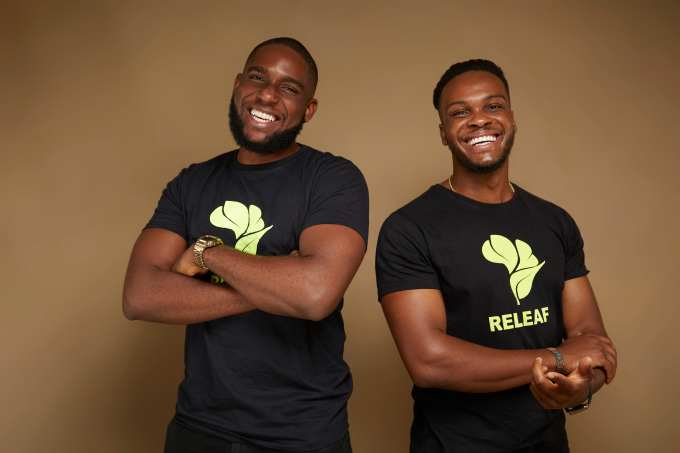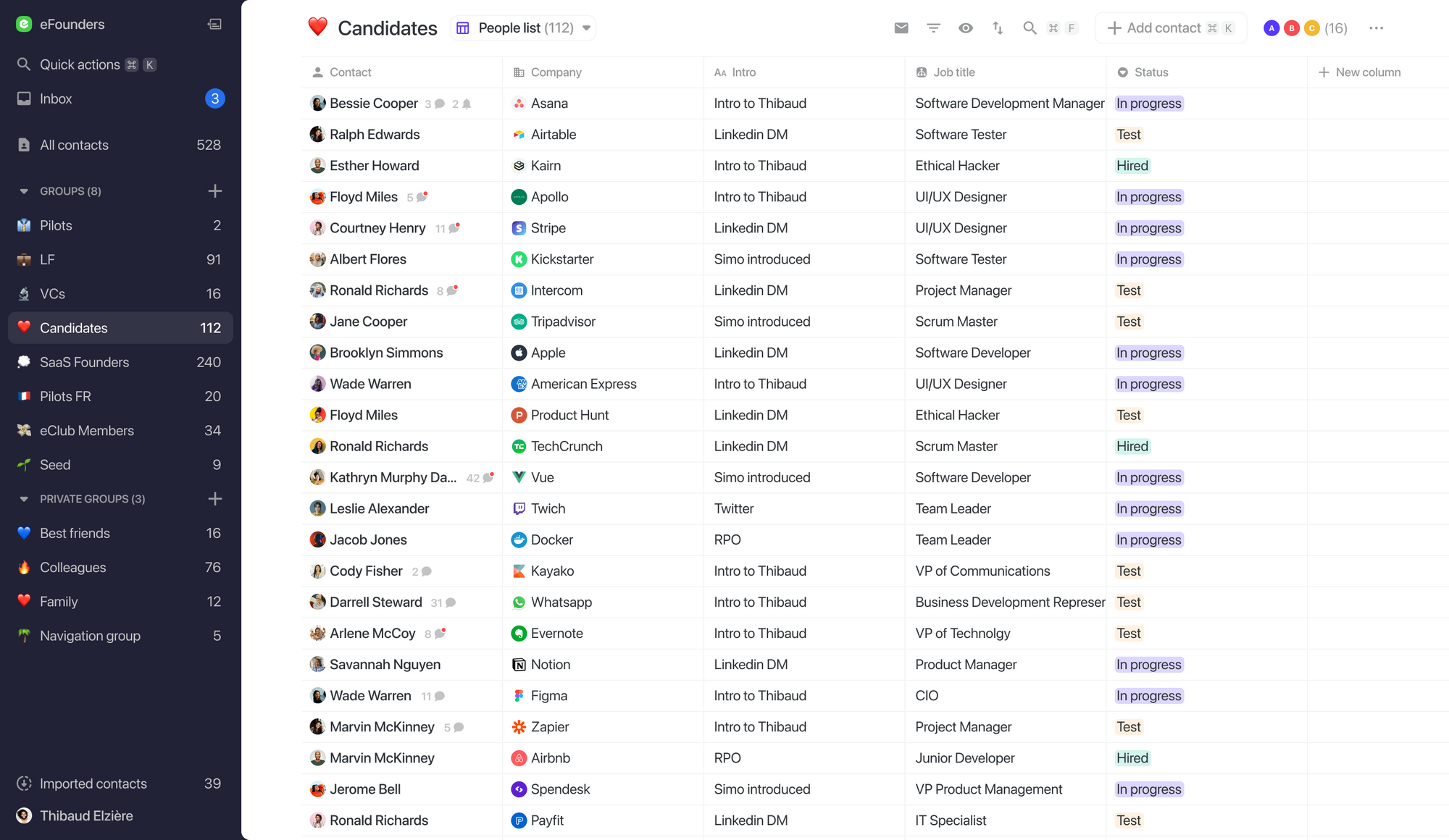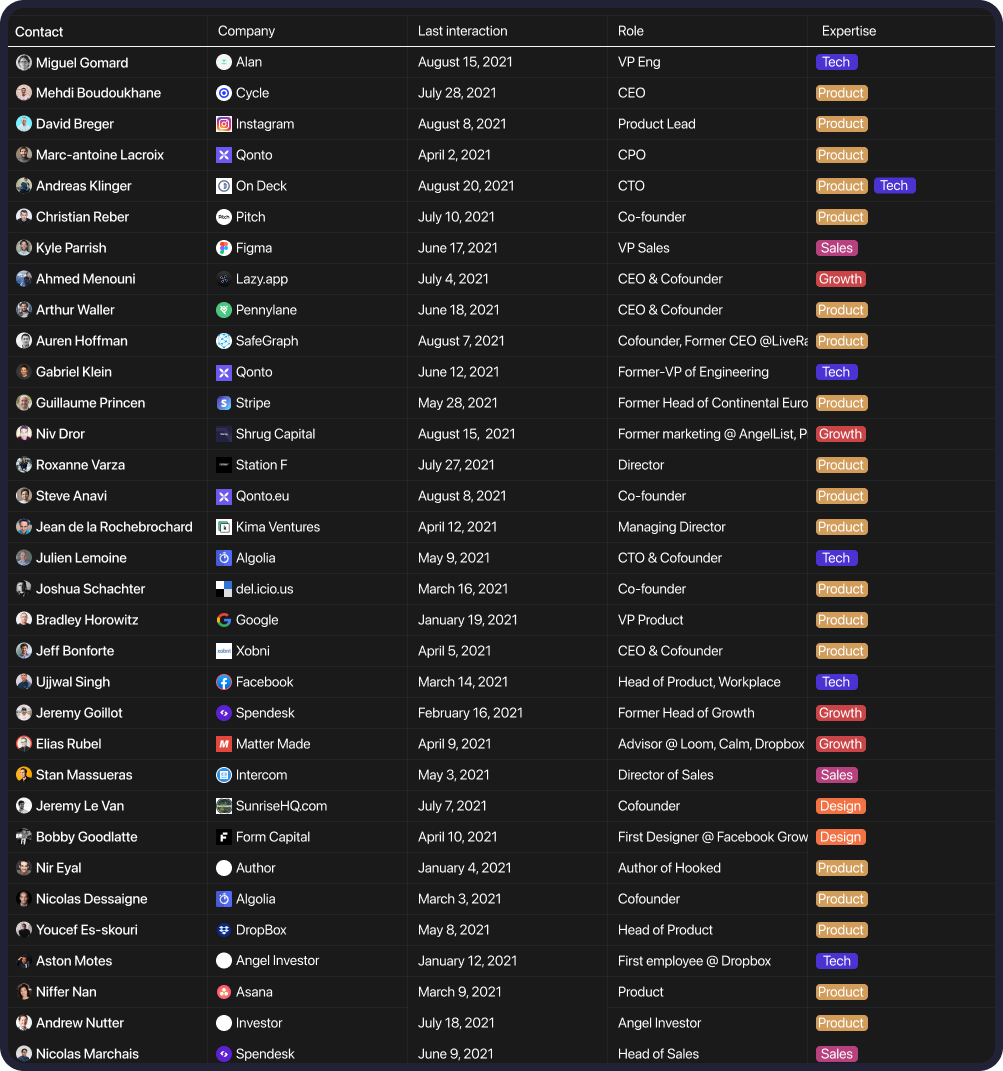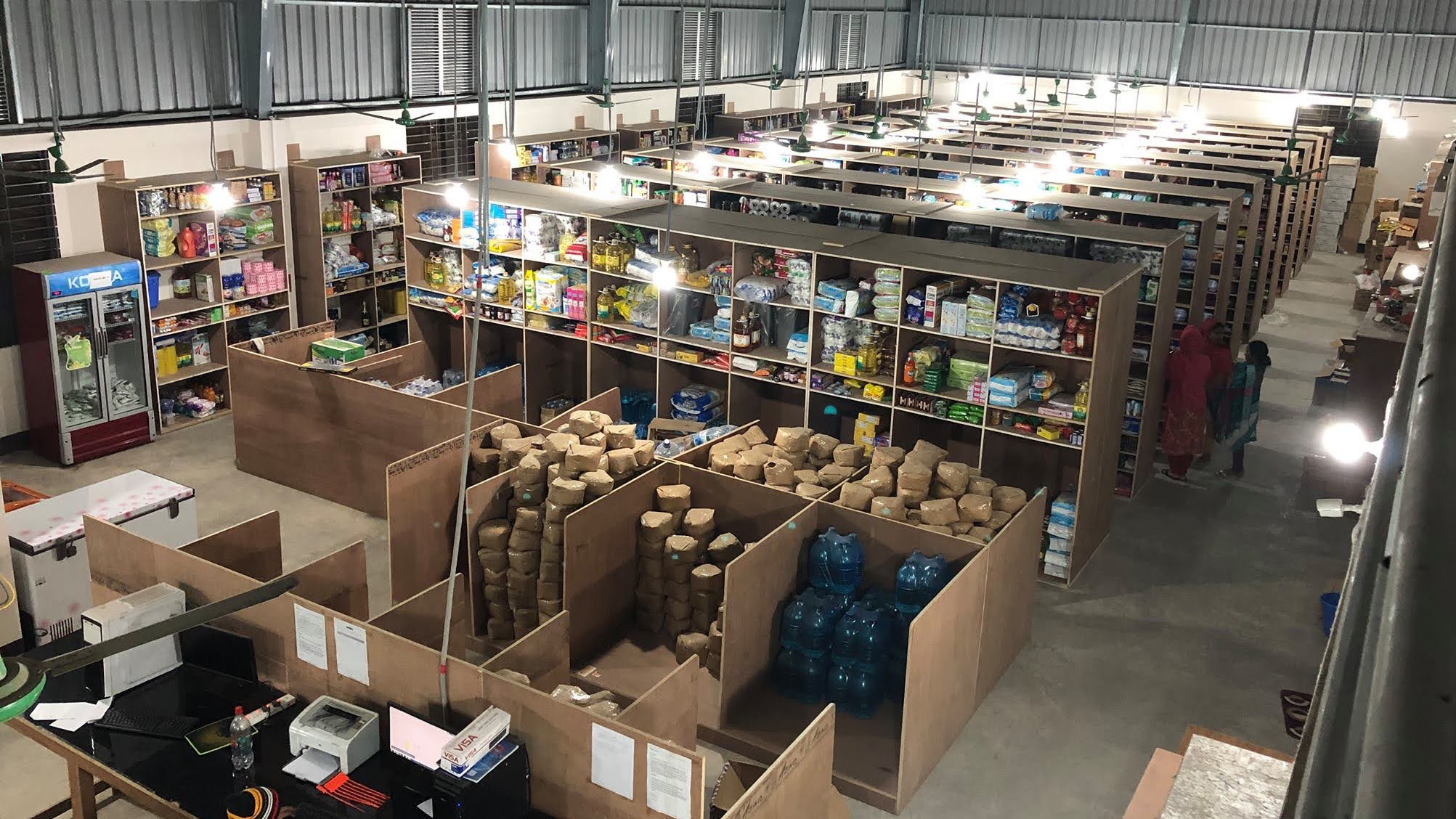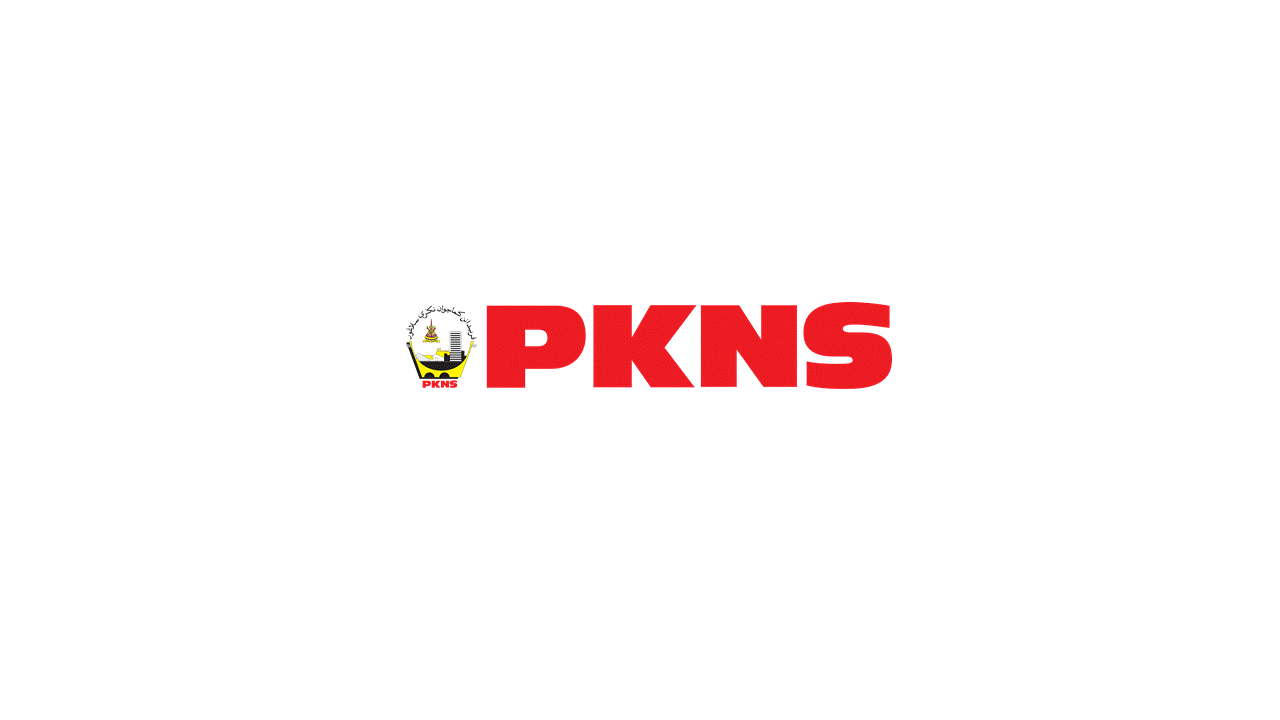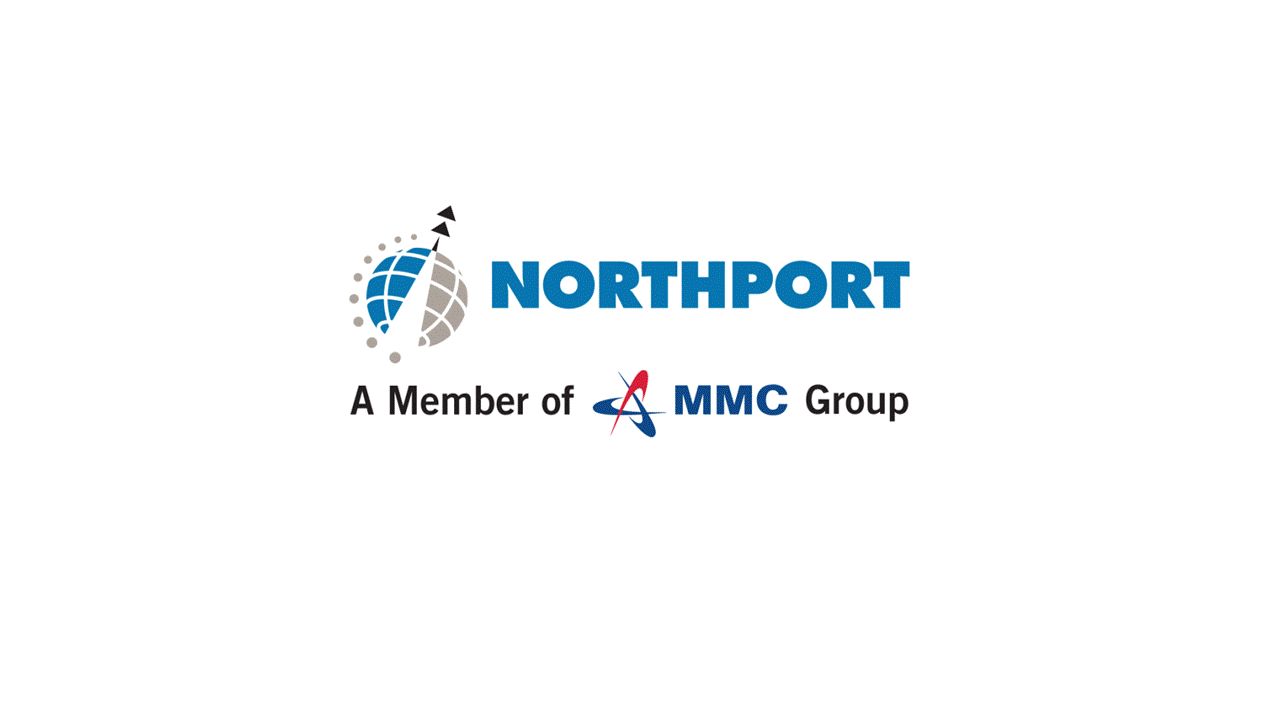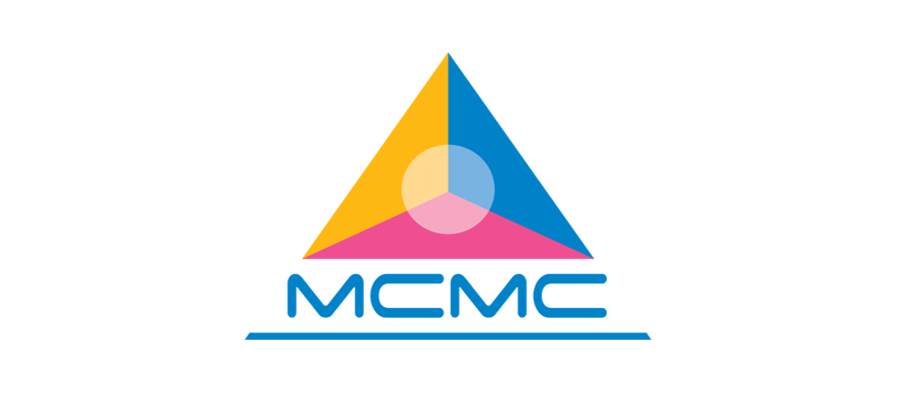- September 15, 2021
- by:
- in: Blog
Supply chains can be a complex logistical challenge. But they pose an even greater environmental challenge. And it’s that latter problem — global supply-chain sustainability — where UK startup Sourceful is fully focused, although it argues its approach can boost efficiency as well as shrink environmental impact. So it’s a win-win, per the pitch. Early
Supply chains can be a complex logistical challenge. But they pose an even greater environmental challenge. And it’s that latter problem — global supply-chain sustainability — where UK startup Sourceful is fully focused, although it argues its approach can boost efficiency as well as shrink environmental impact. So it’s a win-win, per the pitch.
Early investors look impressed: Sourceful is announcing a $12.2 million seed funding round today, led by Europe’s Index Ventures (partner, Danny Rimer, is joining the board). Eka Ventures, Venrex and Dylan Field (Figma founder), also participated in the chunky raise.
The June 2020-founded startup says it will use the new funding to scale its operations and build out its platform for sustainable sourcing, with a plan to hire more staff across technology, sustainability, marketing and ops.
Its team has already grown fivefold since the start of 2021 — and it’s now aiming to reach 60 employees by the end of the year.
And all this is ahead of a public launch that’s programmed for early next year.
Sourceful’s platform is in pre-launch beta for now, with around 20 customers across a number of categories — such as food & beverages (Foundation Coffee House), fashion and accessories (Fenton), healthcare (Elder), and online marketplaces (Floom and Stitched) — kicking the tyres in the hopes of making better supply chain decisions.
Startup watchers will know that supply chain logistics and freight forwarding has been a hotbed of activity — with entrepreneurs making waves for years now, promising efficiency gains by digitizing legacy (and often still pretty manual) legacy processes.
Sustainability-focused supply chain startups are a bit more of a recent development (with some category-pioneering exceptions) but could be set for major uplift as the world’s attention spins toward decarbonizing. (Just this month we’ve also covered Portcast and Responsibly, for example.)
Sourceful joins the fray with a dual-sided promise to tackle sustainability and efficiency by mapping client requirements to vetted suppliers on its marketplace — handling the buying and shipping logistics piece (including a little warehousing) — and taking a commission on the overall price as its cut of the action.
At first glance it’s a curious choice of name for a sustainability startup, given the fact that sourcing (a whole lot) less is what’s ultimately going to be needed for humanity to cut its global carbon emissions enough to avert climate disaster. But maybe the intended wordplay here is ‘full’ — in the sense of ‘fully optimized’.
The UK startup is attacking the supply chain sustainability problem from the perspective of doing something right now, arguing that making a dent in consumer-driven environmental impacts of sourcing stuff (packaging, merchansize, components etc) is a lot better than letting the same old polluting status quo roll on.
However, given all the unverifiable ‘eco’ marketing claims being attached to products nowadays — or, indeed, other forms of flagrant ‘greenwashing’ (like bogus carbon offsets) that are cynically trying to convince consumers it’s okay to keep consuming as much as ever — there are clearly pitfalls to avoid too.
If you’re talking about packaging — which is one of the products that Sourceful is deeply focused on, with a forthcoming design capability offering that will help businesses to customize packaging designs, pick materials, size etc based on real-time data, all with the goal of encouraging ‘greener’ choices — less really is more.
Ideally, zero packaging is what your business should be aiming for (where practical, ofc). Yet Sourceful’s service will, inevitably, support demand for packaging supply and manufacture. At least in the first blush. So there’s a bit of a conundrum.
“You can put a carbon footprint score on packaging in general. So you could say packaging overall is this amount so the best thing you could do is not use any packaging. But the reality is, for most brands right now, especially for ecommerce, if you’re trying to deliver your product to the customer there needs to be some packaging — and so if packaging is unavoidable in its current form or in another form then the best thing you can then do is optimize that packaging,” argues CEO and co-founder Wing Chan, when we make the point that zero packaging is the most sustainable option.
“Right now we think the best solution is to help you optimize your packaging — the next wave will be around circular forms of packaging. Packaging that you can return back to your courier, packaging that you can reuse in another form. But we wanted to start with what is the current pain point. And the pain point is: I’m buying packaging, it’s very expensive, it’s very time-consuming and if I try and get it to be ‘green’ I either put a marketing spin on it or I don’t know how to actually make it more sustainable.
“But I definitely agree with you that long term we’ve got to think about how do I get the supply chain number as close to zero and then offset whatever’s remaining.”
For now, then, Sourceful is using data — combined with its marketplace of vetted suppliers (~40 at this stage) in the UK and China — to help companies optimize sourcing logistics and shrink their supply chains’ environmental impact.
It does this by putting a “carbon footprint score” on the product choices its brand clients are making.
This means that instead of only being able to claim “qualitative things” — such as that a product uses less plastic or a different type of plastic — Sourceful’s customers can display an actual benchmarked carbon footprint score (in the form of a number), based on its lifecycle assessment of the stuff involved in making up the finished product.
“It’s a lifecycle view,” says Chan. “For example if you take packaging we look at the box, we look at what is the cardboard material, where does it come from, how far has it travelled, what type of material is it, how much material gets used, how is then transported — for example is it a manufacturer in Asia all the way to the UK — so we get an overall score. So rather than it just being comparing paper and plastic we actually help the brands to see an overall quantitive outcome.”
“We’ve built the [software] engine that allows you to make choices and see the actual output — so, for example, if you make your box bigger what does that actually do to your carbon footprint score?” he adds.
Sourceful has an internal climate science team to do this work. It is also building on publicly available data sources, per Chan — such as ecoinvent (“the market standard based data”) — but he says the public data available isn’t up-to-date, saying it’s also therefore working with researchers to update these key sources with the last five years of data.
It wants the protocol it’s devised for scoring carbon footprint via this lifecycle assessment to become a universal standard. Hence it’s currently going through an ISO certification process — hoping to have that in place before the planned public launch of its platform in Q1 next year.
“There’s two ISO standards for doing a lifecycle assessment and normally you’d get ISO approval for a specific product but we’re getting ISO approval for the whole methodology — essentially the platform that we’ve built,” explains Chan. “There’s an independent panel of people, from universities, from other consultancies, who will be reviewing this as part of that ISO review — that’s why it’s so important to us that we’re doing that.”
The vetting of the suppliers on its marketplace is something Sourceful is doing entirely by itself, though — without any outside help. So its customers still need to trust that it’s doing a proper job of monitoring all the third parties on its marketplace.
But, on this, Chan argues that’s since sustainability is core to its value proposition it is incentivized to do the vetting in a more thorough and comprehensive way than any other individual player would be.
“The key thing for us is we combine both the data capture you would do when you’re understanding a supplier — asking all the questions about how their supply chain works and all of the laws entered by the new country — but we’re coupling that with a human visit as well. So we have a team in the UK as well as a team in Asia who actually go and visit the manufacturers. So it’s an extra layer of comfort for the brands that we’ve actually spent the time to go and meet them,” he suggests.
“The second thing is, as part of our marketplace build, we’re understanding how their supply chain works — in order to build the lifecycle assessment we actually understand each stage of their manufacturing process. So we have a much deeper understanding of their way of operating than all of the other platforms would have. So, yes it’s more involved, but we think that gives better accountability and a more accurate outcome.”
“We’re taking [the vetting process] to another level,” he adds. “We didn’t find anyone that was going into the same level of depth as us — so that’s why we’ve done it ourselves.”
Pressed a little more, Chan also tells TechCrunch: “Supply chain risks never disappear but the thing is how much investment are you making to learn more about it? And for us because we’re capturing this data on lifecycle assessment it’s part of that process of understanding the supplier. So rather than it being another cost that we pay to go visit the manufacturer, we see it as part of our data gathering — a key part of the platform.
“So rather than it being a cost to minimize, which is why a lot of companies end up in trouble because they don’t visit [their suppliers] enough, we’re invested in making sure that data is as accurate and up-to-date as possible. And the manufacturers see that because they want to have a score that’s good, they also want to understand where their footprint could be improved. So it’s a partnership, rather than it just being a bunch of tick boxes to check — which is what a lot of the audits are… We’re here to try and understand their process better.”
Zooming out to look at the driving forces pressing for supply chain sustainability, Chan suggests demand for greener sourcing by businesses is being driven by consumers themselves — who are certainly more aware than ever of environmental concerns. And can, to a degree, vote with their wallet by choosing more eco products (and/or by putting direct reputational pressure on businesses, such as via social media channels).
There is some regulatory pressure, too — such as existing sustainability and carbon reporting requirements (typically for larger businesses). Along with the overarching ‘net zero’ targets which governments in Europe and elsewhere have signed up for. So there should be increasing ‘top down’ pressure on businesses to decarbonize.
Chan also points to another swathe of environmental laws coming in — such as those banning things like single use plastics — which he says are creating further momentum for businesses to re-evaluate their supply chains.
Nonetheless, he believes the biggest source of pressure for companies to decarbonize is coming from consumers themselves. So — the premise is — brands that can present the strongest story to people about what they’re doing to reduce their environmental impact — backed up by a certified lifecycle assessment (assuming Sourceful gets its ISO stamp) — stand to win the business of growing numbers of eco-minded buyers, at the same time as netting cost efficiencies by optimizing their supply chains.
(And, indeed, part of the team’s inspiration for Sourceful’s business was to challenge the idea that consumers are to blame for the world’s environmental problems — given the lack of choice people so often have over what they can buy, not to mention the paucity of information to inform purchasing choices.)
“In the absence of government regulation on [lifecycle assessment] we’re actually saying to the brand, you’ve got existing products, we’ve measured the material, production, transport, all of these things — given you a carbon footprint score, and actually when you go and look at alternatives we can quantitatively assess the difference between those options. So rather than just pandering to the latest marketing buzzword you get a quantitive view on that,” he says.
“So what we’ve been showing is you can move to a more sustainable outcome — from a quantitative point of view — but also save money. So we’re tackling both problems. The supply chain itself is not very efficient so we can save money and the supply chain is not very transparent so we can give them better visibility into their actual carbon footprint.”
“Every brand that we’ve met that has been started in the last two years, their founder or their premise of the brand had sustainability involved — it’s such a hot topic that if you start a fashion brand or a beauty brand or food brand you have to have somewhere in your mission statement/founder story about your commitment to sustainability. So we thought that’s where the market is going to be. But actually we saw more established companies had the same view — that their consumers are also asking for there to be change in how they talk about their products, how they understand their lifecycle journey. So actually I think the government drive on regulation is of course important but it’s still far behind and actually consumers are driving more of a change,” he adds.
Sourceful’s offering includes a warehousing ‘managed service’ component — where it’s using a predictive algorithm to power auto-stocking so that brands can store (non-current) inventory in its warehouses (to save space etc) and have the goods shipped to them as they need them.
Being able to source supplies like components or packaging in bulk obviously reduces purchasing costs. But depending on how it’s done, it may also mean you can optimize things like transportation requirements, which could limit shipping emissions, so there are potentially efficiency and sustainability strands here too.
“Sea freight is several times more energy efficient than air freight so if we can organize more shipments to go via sea freight than air then that’s a major win. The[n] if we can fill the container up with different client orders so that you end up with one very full container, rather than lots of containers with half of it empty, you’re also going to save a lot of energy too. And so that’s another part of the journey that we do,” says Chan. “The other thing is because were aggregating orders with the manufacturer — they actually have better utilization as well, which is more efficient for them. So all of these things are really important to driving the overall cost as well sustainability score down.”
“The more we thought about it, the more there are so many parts of the supply chain which haven’t been optimzied,” he adds. “So many times you order 2,000 boxes it comes in these air freight shipments and someone has to courier it to you in one trip — there’s so many places where aggregating and being smarter about data you can save so much footprint.”



